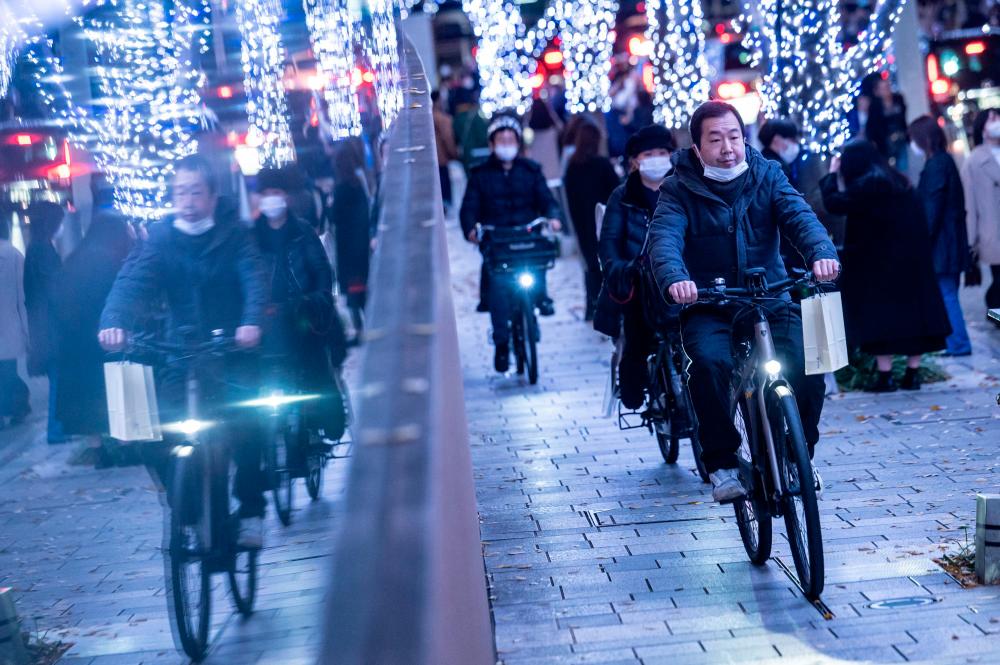TOKYO: Japan's real wage posted its biggest fall in more than seven years in October on relentless consumer inflation even though nominal pay grew for a tenth month, official data showed today (Dec 6).
Falling real pay highlights households’ growing burden and policymakers' conundrum in the wake of rare price increases in Japan, while businesses are buckling up for annual labour talks next spring.
Inflation-adjusted real wages, a key indicator of consumers' purchasing power, fell 2.6% in October from a year earlier, according to the labour ministry.
The real pay contraction was the sharpest since June 2015's 2.8% decrease and followed a revised 1.2% dip in September.
The consumer price index the ministry uses to calculate real wages, which includes fresh foods but excludes owners' equivalent rent, rose 4.4% in October from a year earlier, at the hottest pace since June 2014.
Although nominal total cash earnings rose 1.8% in October, price inflation pushed real wage growth into negative territory for the seventh consecutive month.
On the bright side, overtime pay, a gauge of business activity strength, rose 7.9% year-on-year in October, the largest gain in 15 months. Growing extra work hours in services industry drove up the figure, a health ministry official said.
Overtime pay among restaurants and bars jumped 52.2% in the 12 months to October, while other service sectors, from barbers to banks, also saw double-digit increases in overtime compensation.
Special payments grew 1.1% in October after a revised 20.2% surge in the previous month. The indicator tends to be highly volatile in months other than the June to August and November to January bonus seasons.
Meanwhile, separate data showed Japanese household spending rose for a fifth straight month in October from a year earlier, as easing coronavirus cases prompted more people to shop and eat at restaurants.
An improvement in consumer spending, which accounts for more than half of the economy, is seen as vital for the nation’s economic growth. Accelerating inflation, however, propelled by a weak yen amid a tepid recovery in wages cloud the outlook.
Household spending grew 1.2% in October from a year earlier, government data showed, slightly better than economists’ median estimate of 1.0%.
From the previous month, spending increased 1.1% in October, rising for the second straight month. Analysts had expected 1.5% growth for the month.
Consumption was also supported by the government's travel subsidies to revive the tourism industry, which is starting to recover from a slump caused by the Covid-19 pandemic.
But broadening price increases in daily necessities and household goods could prompt consumers to rein in expenditure.
Japan's core consumer prices grew 3.6% in October, taking inflation to a 40-year peak, driven by a weak yen and higher import costs. While core consumer inflation exceeded the Bank of Japan's 2% target for the seventh straight month in October, weak wages and services prices have kept the central bank cautious about withdrawing stimulus. – Reuters










